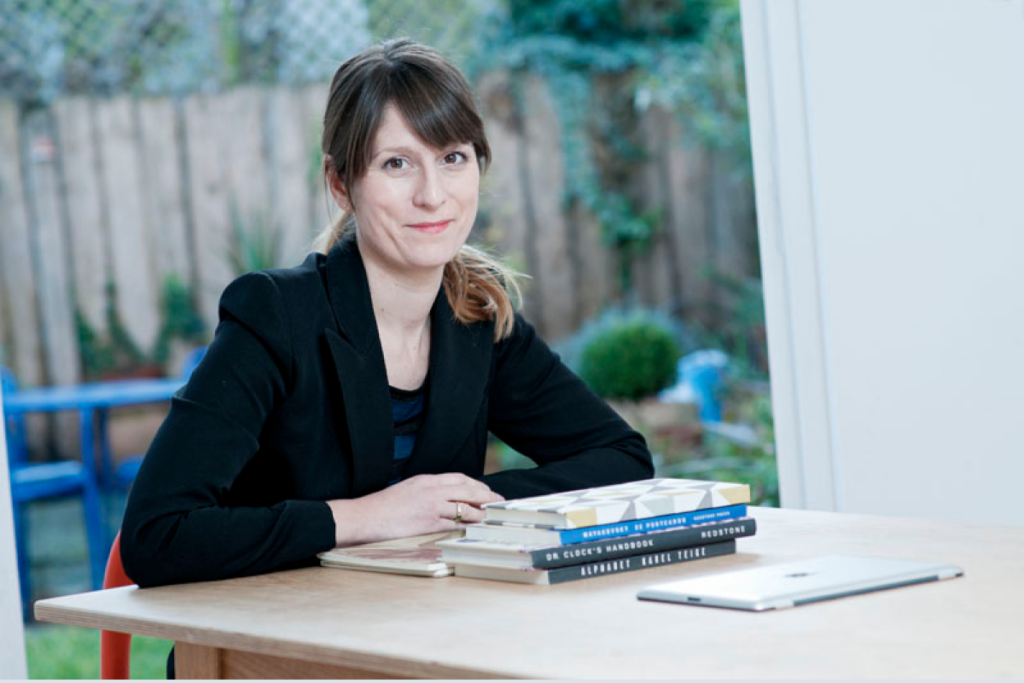Top Tips: Working as a writer in the Digital Age by Sophie Rochester
There have never been more platforms for writers to share their work than in the digital age. Sophie Rochester walks us through her ways of managing overwhelm, and working these platforms to your advantage.

1. Consider Your Options
There are many ways to ‘publish’ today. Writers can take the traditional route, publish directly via Kindle, Kobo, etc and also experiment with bite-size chunks of text on platforms such as Wattpad. Do some research before you make any decisions and consider all your options. Try to talk to people who have first-hand experience.
2. Keep Abreast of Changes in Publishing – the Future of Everything
It’s important to keep abreast of changes in publishing as all the major shifts in publishing at the moment affect writers. With so much rapid change in the publishing industry it’s often hard to keep up. Subscribe to some relevant newsletters: The Bookseller and Publishing Perspectives are good places to start.
3. Develop Your Writing
In all the noise around social media and direct publishing, sometimes writers forget the most important thing – creating time to develop creative writing skills. Go on an offline course such as Arvon and think less about profile and publishing for a bit, and more about developing your skills as a writer.
4. Do Some Research
Have a read of your favourite writers’ blogs, Twitter feeds, Facebook updates, Tumblrs, etc. Consider subject matter, tone, where your own personal/professional boundaries lie, regularity, etc. and think about which social media platforms might suit you best. Watch the way writers are interacting with readers and with each other.
5. Be the Reader
When considering devices and reading experiences make sure you understand what those environments are like for readers. Try and find a book on a Kindle or recognise what a book promotion looks like in the iBookstore. This will help you understand the issues of discoverability of books in the digital age.
6. Find Your Tribe
Writing about 16th Century Pianos? A quick google search will show you who are writing, blogging, tweeting about this subject area – try and connect with them online.
7. Make Sure Readers Can Find You
Metadata – all the information about a book – influences search, categorisation and which countries its available in. Bad metadata could result in your book being invisible and un-purchasable. Writers should ensure they understand how metadata will give their books the best chance of being found online.
8. Experiment and Collaborate
Don’t have vast amounts of technical knowledge? There are tools to help you out. Don’t have a buddy to work with? There are networks that connect you with others. Adopt the ‘anyone can play’ ethos and try something new – it might not be for you in the long-run, but you’ll learn a lot along the way.
9. Understand Who And Where Your Audience Is and Don’t Go Heavy on the Sales Talk
If you have a website or blog then regularly check your Google analytics dashboard and see where your readers are, how they have come to your site and which keywords they’re using in search engines to find you.
You can occasionally mention your work as long as the way you do it is sensitive and respectful to the community you’re talking to. People don’t like to be sold to, so sometimes just being thought-provoking and responsive is enough to sell a few copies of your book.
10. Have Non-Commercial Goals As Well As Commercial Goals
Not all success should be measured by book sales. Think about other ways you can measure the development of your online profile – an increase in followers or unique visitors to your site. All these things are helping you to build your presence online.
11. Don’t Let Age Be A Barrier
Many writers fear that age might excludes them from certain online communities but there is a huge age range of writers online. Platforms such as Wattpad are best known for young adult writers but that doesn’t mean that savvy septuagenarians such as Margaret Atwood aren’t also experimenting here.
12. Keep It Low Maintenance
Remember when you’re setting up blog posts, websites, social media profiles etc. that they’re going to need maintaining. Try and be regular with your updates, and invest your time in one or two platforms that you really enjoy – and that work for you and your writing – rather than spreading yourself too thinly trying to maintain profiles on every single channel.
13. Remember Your Offline Reader and Writers Communities
Don’t forget your local, regional and national communities! Meet people offline when you can and get out to events where possible. Remember ‘offline’ word of mouth is still how many of us hear about our next read.
14. Switch Off Occasionally
The internet can also be a huge distraction. At the launch of her latest book, Zadie Smith explained that she used two programmes ‘SelfControl’ and ‘Freedom’ that enable writers to ‘switch off’ the internet while they’re working.
15. Think Big, Start Small, Act Now
Contemplating any new book project or trying to develop an audience online might seem like a huge task. Try to think about some goals you’d like to reach but don’t be disappointed if you don’t reach these immediately. Break it down into the smaller steps you need to take to start building up, make sure you take those first steps and enjoy the journey!
Sophie Rochester founded The Literary Platform in 2009, initially as a free online resource dedicated to exploring the interface between literature and technology showcasing ground-breaking projects, and then as a specialist consultancy.
She has been a speaker on digital publishing developments at TOC New York, the Frankfurt Book Fair, Bologna Book Fair, Editech Milan, British Council Crossing the River conferences in Beijing, Shanghai and Hong Kong; Electric Bookshop Edinburgh, FutureBook Innovation Workshop, London Art Book Fair and Alphaville at Whitechapel Gallery. She is also a visiting lecturer at the London College of Communications MA in Publishing and at UEA’s MA in Creative Writing.
In 2010 she launched, supported by Arts Council England, the National Lottery funded Fiction Uncovered – an ongoing programme dedicated to celebrating British fiction writers. Previously she worked in communications at publishers 4th Estate and Jonathan Cape before moving to the digital agency Good Technology in 1999. In 2002, she joined Colman Getty where as Associate Director she led the teams working on The Man Booker Prizes, Hay Festival and the Poetry Archive. She went on to work on the communications for digital agency AllofUs, as content editor for the Man Booker Prizes, and delivering the literary strand of ‘Story of London’ working for the Mayor of London’s cultural campaigns team.
She is currently a Trustee for the Arvon Foundation and is on the Advisory Committee for World Book Night. In 2011 she was part of a working group at NESTA looking at the impact of digital on SME publishers and she was a judge for the New Media Writing Prize.
She is a keen marathon runner.


